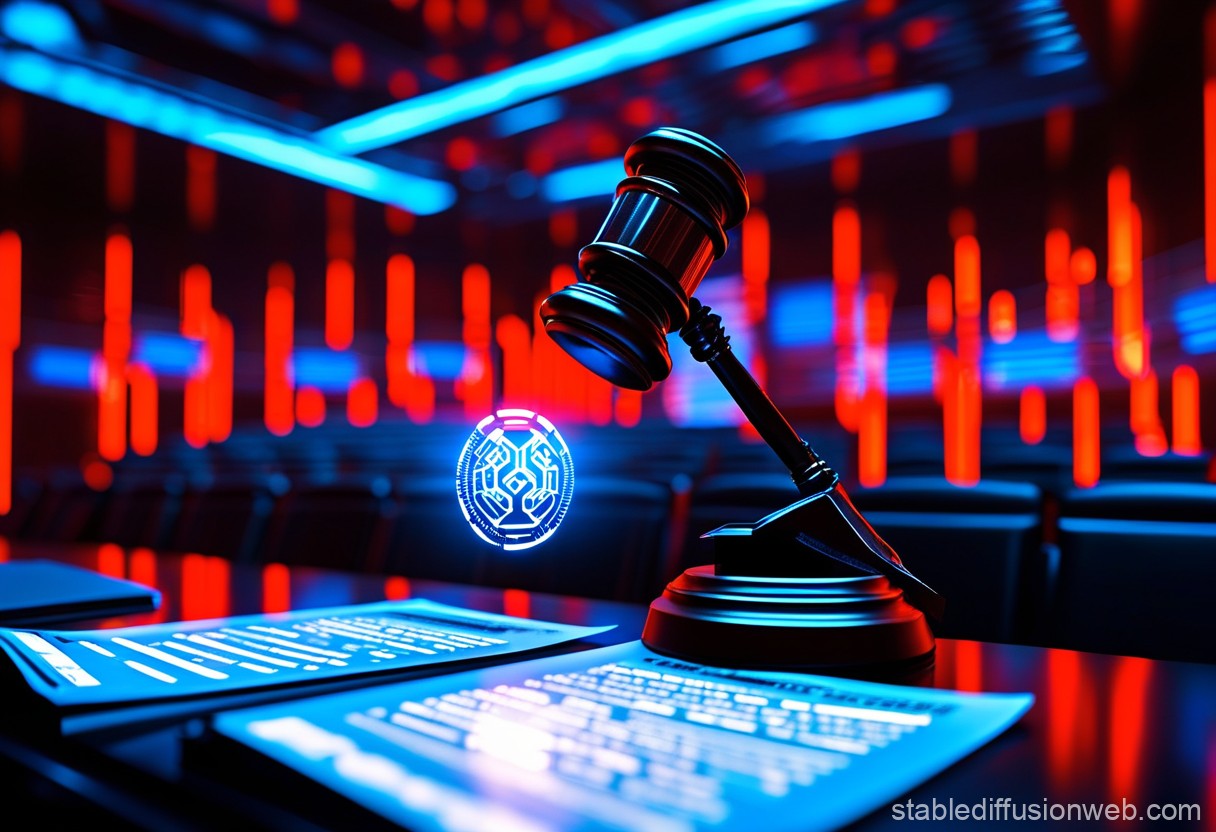Chinese AI disruptor DeepSeek, already navigating the choppy waters of IP theft allegations and privacy probes in Europe, is now locked in a high-stakes trademark showdown in the U.S. market. This isn’t just about a name—it’s about market dominance, brand equity, and billions in potential valuation.
In a race against time, DeepSeek’s USPTO filing for its AI chatbot apps and tools was scooped by just 36 hours by Delson Group Inc., a Delaware entity with a controversial history of trademark disputes. With AI’s market cap soaring, the question isn’t just who owns ‘DeepSeek’—it’s who stands to lose the most in this billion-dollar game.
A Rival’s Claim: Strategic Move or Squatting Scheme?
Delson Group’s CEO, Willie Lu, claims a 2020 stake in the DeepSeek brand, leveraging a $800 AI training program to bolster his USPTO filing. But with a track record of 28 trademarks—including names like ‘Geely’ and ‘China Mobile’—skepticism is high. Is this a legitimate claim or a calculated squat to extract value from DeepSeek’s rising star?
Legal Labyrinth: Can DeepSeek Navigate the U.S. Trademark Maze?
With U.S. law favoring first use, DeepSeek’s options are slim. Negotiation? Rebranding? Or a costly legal battle that could set a precedent for AI trademarks worldwide. The stakes? Nothing less than DeepSeek’s U.S. market entry and global brand identity.
AI’s Trademark Wars: A New Frontier for Legal and Market Strategy
From OpenAI’s ‘GPT’ denial to DeepSeek’s current quagmire, the AI sector’s trademark battles highlight a critical, often overlooked aspect of tech scaling. As AI companies vie for supremacy, intellectual property strategy becomes as crucial as the technology itself.
For DeepSeek, the path forward is fraught with risk and opportunity. Will they fight, fold, or forge a new identity? In the cutthroat world of AI innovation, the answer could redefine their future.
 DeepSeek’s U.S. Trademark Turmoil: A High-Stakes Battle in the AI Gold Rush
DeepSeek’s U.S. Trademark Turmoil: A High-Stakes Battle in the AI Gold Rush 



